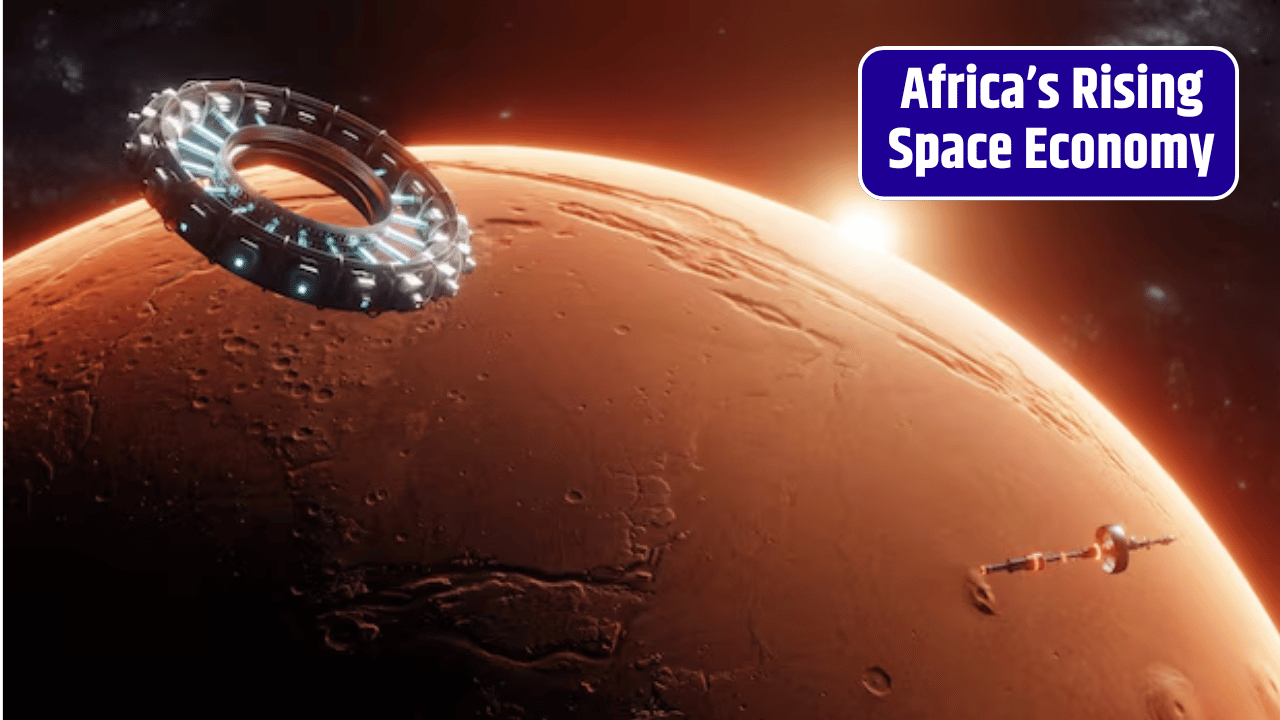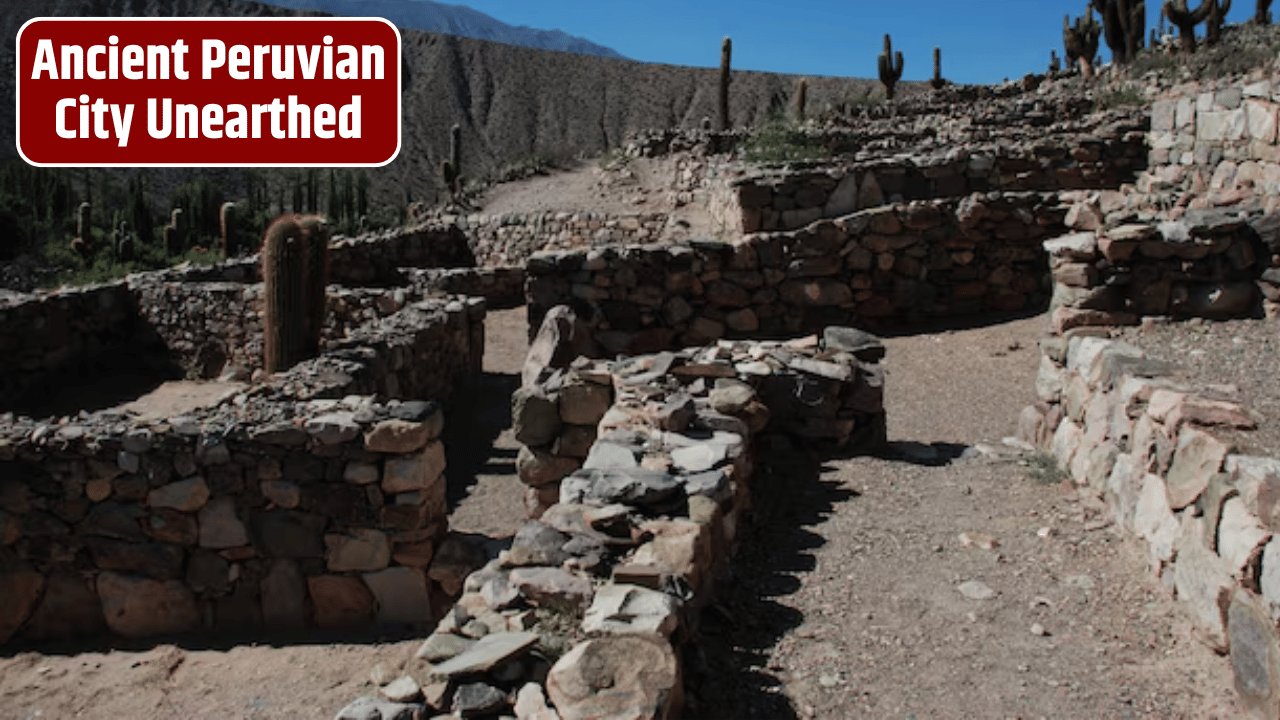You’d be forgiven for thinking “space industry” means billion-dollar rockets, astronauts in shiny suits, or some Elon Musk headline. But that image misses the real story—especially for Africa. Behind the drama of launches and moonshots lies a quieter revolution: space as an economic engine. And for African nations, that engine is humming louder every year.
Across the continent, satellites and space programs are no longer luxury science projects—they’re economic catalysts. From mapping farmland and protecting fisheries to providing internet where fiber can’t reach, space technology is reshaping how Africa grows, trades, and governs.
The Global Space Boom—and Africa’s Entry Point
The global space economy topped $500 billion in 2023, according to the OECD, and analysts expect it to hit $1 trillion by 2040. The U.S., China, Europe, and India still dominate, but Africa is claiming its share.
More than 21 African countries now have formal space programs; 18 have launched satellites. Nigeria, South Africa, Egypt, Algeria, Morocco, and Kenya lead the pack, while newer entrants—Rwanda, Angola, and Ethiopia—are moving fast. Together they represent a continental industry valued at roughly $20 billion, small compared with the giants but expanding at double-digit rates.
Why does that matter? Because space investments spin off jobs, innovation, and education in ways few other sectors can.
| Economic Driver | Space Industry Contribution | Example Impact |
|---|---|---|
| Employment | Engineers, software developers, technicians | High-skill job creation across tech and manufacturing |
| STEM Education | Inspires and trains youth in science and engineering | Expands long-term human capital |
| Manufacturing | Components for satellites, ground systems | Stimulates local industrial capacity |
| Digital Economy | Internet access, data services | Fuels e-commerce, fintech, telemedicine |
| Climate & Agriculture | Earth-observation analytics | Boosts yields, manages droughts, reduces imports |
Space: The Next Big Employer
Every satellite launch or data-processing center requires hundreds of skilled workers. Add to that the ripple effects—construction, software, logistics—and you’ve got one of the most high-value employment chains available to developing economies.
Nigeria’s NigComSat, for example, employs more than 500 specialists and supports dozens of small service firms. South Africa’s SANSA ecosystem includes robotics, sensor, and optics manufacturers—each training a new generation of technicians. The rise of private players like Dragonfly Aerospace or SayariLabs adds another layer of opportunity, linking African talent to global supply chains.
Feeding Africa from Orbit
Agriculture remains the heartbeat of African economies, providing work for over half the continent’s population. Satellites now deliver real-time data on rainfall, soil health, and pest outbreaks—critical information for climate-stressed farmers.
In Kenya, digital platforms powered by ESA Copernicus data help smallholders plan irrigation and detect locust swarms. In Ghana and Ethiopia, remote-sensing projects are reducing crop losses by more than 15%. Each avoided crop failure saves governments millions in emergency imports.
That’s not science fiction—it’s fiscal policy with a satellite feed.
Connecting the Unconnected
Roughly 600 million Africans still lack reliable internet access. Ground fiber is costly and slow to deploy, but satellites beam coverage directly to villages, schools, and clinics. Nigeria’s NigComSat-1R, Rwanda’s partnership with Starlink, and regional projects under AfriConnect are closing the gap fast.
Connectivity unlocks new industries—e-commerce, digital banking, online education, telemedicine—and helps rural communities plug into national economies. A single broadband satellite can connect millions who would otherwise remain offline, turning digital exclusion into participation.
Satellites and Climate Security
Extreme weather now costs African economies billions annually. Droughts in the Horn, cyclones in Mozambique, floods in Nigeria—the list grows each year.
With Earth-observation satellites, governments can issue early warnings, plan evacuations, and protect infrastructure. The World Meteorological Organization (WMO) estimates that every $1 spent on early-warning systems saves up to $10 in disaster recovery. That math alone justifies space investment.
Protecting Borders and Resources
Security and sovereignty are also economic questions. Illegal fishing drains an estimated $2.3 billion from African waters every year. Satellites track these vessels, exposing theft in real time. Similar systems monitor mining zones, oil pipelines, and cross-border smuggling.
Stable borders and resource protection make countries more attractive to investors—something satellite surveillance directly supports.
Sparking a New Generation of Entrepreneurs
Africa’s “space downstream” market—the startups that turn orbital data into real-world applications—is exploding. From Agrix Tech in Cameroon (AI-driven crop monitoring) to Zindi in South Africa (climate-data analytics), young firms are building profitable businesses on satellite information.
These startups attract venture capital, diversify economies away from raw commodities, and create a homegrown tech culture. The African Union’s Digital Transformation Strategy sees this as the key to sustainable growth through 2030.
Regional Cooperation: Scaling the Sky
Launching satellites is expensive, but sharing them isn’t. That’s why the African Space Agency (AfSA)—headquartered in Cairo—is vital. It coordinates research, data, and infrastructure across the continent. Joint missions cut costs while ensuring all members, big or small, gain equal access to satellite benefits.
The Africa-EU Space Partnership and collaborations with the European Space Agency (ESA) and China’s CNSA are multiplying resources while keeping African ownership at the center. Pooling expertise and funding is how Africa moves from scattered projects to a continental space economy.
The Investment Signal
A functioning space sector signals ambition and stability—two traits foreign investors notice immediately. As nations expand space infrastructure, complementary industries follow: data centers, renewable energy, software development, aerospace manufacturing.
Think of it as economic gravity—space pulls innovation along with it.
The Challenges
Of course, no rocket takes off without turbulence. Space initiatives need steady funding, trained personnel, and clear policy frameworks. Many governments face tough trade-offs between investing in orbit and meeting urgent needs on the ground.
The solution isn’t to choose one or the other, but to align space with development goals. Public-private partnerships and regional cost-sharing can make programs sustainable. Education is the long game: without local scientists and engineers, satellites risk becoming imported products instead of national assets.
The Strategic Path Forward
To harness the full economic power of space, African nations should:
- Invest in STEM education – Build universities and technical institutes linked to space research.
- Encourage private participation – Support startups and investors through tax incentives and open data policies.
- Strengthen regional cooperation – Share infrastructure through AfSA to reduce duplication.
- Adopt clear national space policies – Align space strategies with agriculture, telecom, and climate priorities.
- Promote international collaboration – Leverage partnerships with ESA, NASA, CNSA, and private companies for skills transfer.
The Sky as a Launchpad
For Africa, space is no longer an expensive curiosity—it’s an economic strategy. Satellites feed farmers, connect classrooms, protect borders, and power businesses. The space industry cultivates engineers, entrepreneurs, and innovators who will anchor the continent’s next growth phase.
The sky isn’t the limit. For Africa, it’s the launchpad to economic independence and a voice in the global innovation conversation.
FAQs
How big is Africa’s space economy right now?
Roughly $20 billion, growing at more than 7% annually, with projections to double by 2030.
Which countries lead Africa’s space efforts?
Egypt, Nigeria, South Africa, Algeria, Morocco, Kenya, and Rwanda are among the most active.
How do satellites support everyday Africans?
They enable internet access, improve farming, predict weather, and enhance national security.
Is space investment too expensive for developing countries?
Not if shared regionally. Cooperative models and private partnerships drastically cut costs.
Why is education crucial for Africa’s space future?
Local expertise ensures technology independence and long-term economic benefit.









